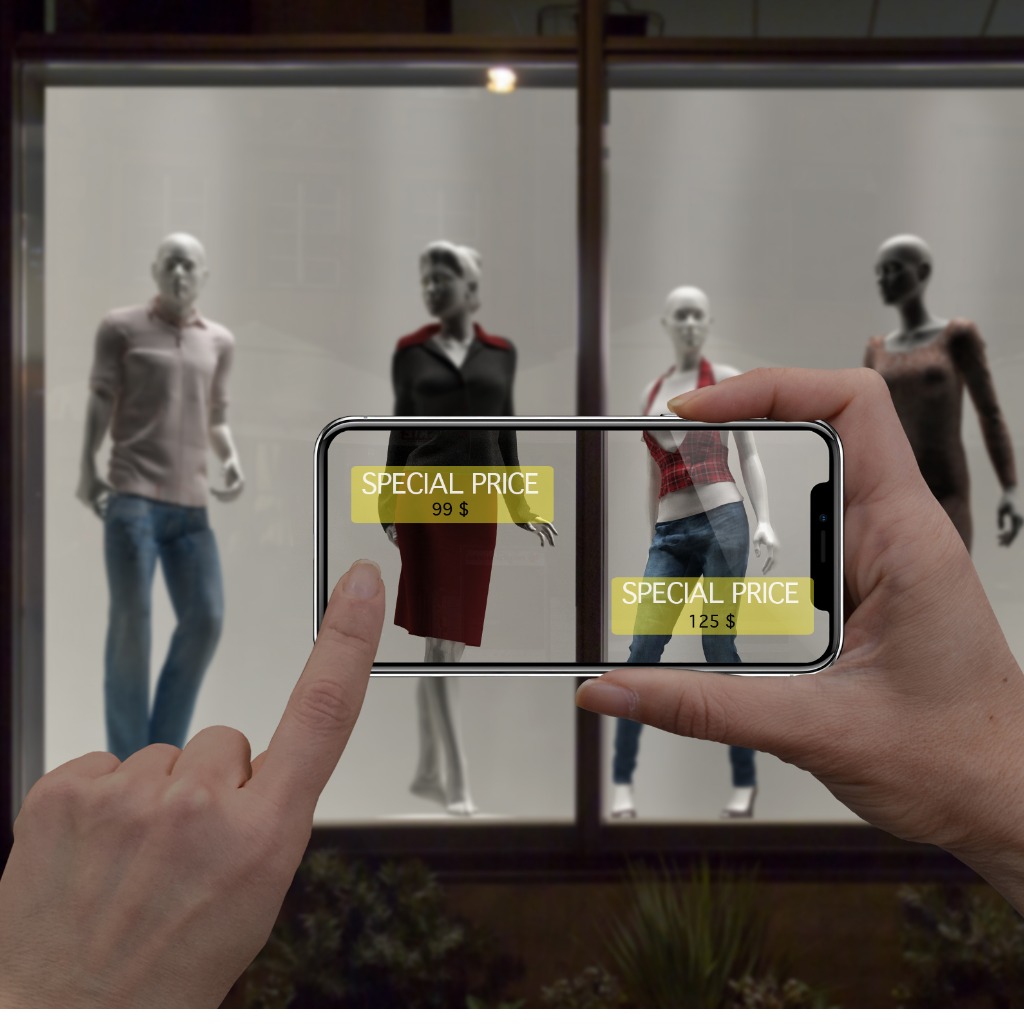
Weekly Digital Breakdown – 5.16.19
Weekly Digital Breakdown
May 16
Google Is Changing How People See Search
Online shopping typically begins with a search bar and a product description. Despite increased ease, it still poses its challenges. You can find yourself scrolling through pages of results if your description isn’t quite right or worse, the item is no longer in stock. To alleviate the frustration, Google has a new vision for internet shoppers.
The company highlighted its visual search capabilities this week with Google Lens, an app that allows users to search what they see, which leverages augmented reality to find products online. While in the works for a few years, Google is placing its bets on the evolving technology to provide a more personal shopping experience.
So how does this differ? Google brings the products to you based on scanned image through the app. Your picture can provide details such as color, brand, model, etc. with just one image, cutting down on filtering search results. Once you find the desired product, you get a virtual view from multiple angles, highlighting the detail. If you really want to make sure it’s a fit, you can even place the image next to items you already own through the app to complete a look.
For marketers, the shift could change search campaign implementation and structure. While visual search gives consumers a more detailed view of products, resulting in more satisfied customers, it only works if image assets for products are available and mobile optimized. With products changing so frequently, it could pose significant challenges, particularly for smaller brands.
While improved shopping is only the start of Google Lens capabilities, it’s clear AI and augmented reality are shaping the future and are bringing digital window shopping to your living room.
https://adage.com/article/digital/heres-what-googles-bet-visual-search-means-advertisers/2170861
Burger King’s “Traffic Jam Whopper” Delivers
Endless traffic is not fun for anyone, but if you’re like most, a hot meal delivered to your window would make the time a little more bearable. Seems crazy, but Burger King is making it happen with their new campaign “the Traffic Jam Whopper” that delivers orders via motorcycle right to your car.
With a little ingenuity, Burger King seized the opportunity to feed hungry commuters while also driving brand awareness and burger sales. The promotion is highly calculated for flawless execution to deliver orders quickly and accurately. By partnering with Waze, Burger King is able to use real time traffic data to identify highly congested areas and dynamically adjust messaging with banner ads and push notifications on the Waze app once drivers enter delivery zones. Ads then lead users to utilize voice commands on the Burger King app to place their orders. Once ready for delivery, drivers rely on Google Maps API to pinpoint and locate drivers.
While the promotion was tested in Mexico City to gauge market interest, the results spoke for themselves. In just one week, the company saw app downloads increase by 44x and delivery orders spiked 63%, making the Burger King app the number one fast food app in Mexico.
With undeniable success, Burger King plans to replicate the service in other large cities including Los Angeles, Sao Paulo and Shanghai with the potential to expand. With a little luck, the “Traffic Jam Whopper” could be coming to a commute near you.
Facebook’s “Clear History” Causes Uncertainty for Advertisers
If you’ve ever wanted to erase your past, at least on social media, Facebook is giving you the opportunity. The company announced this week they would be rolling out a new “Clear History” feature in response to their commitment to protecting personal information. Users will now be able to disconnect browsing history that is used for targeting and advertising purposes. While this is an effort to foster online privacy, it could have a substantial impact the user experience based on limited knowledge of user behavior and interests.
As for advertisers, this creates concerns with targeting capabilities and campaign set-up strategies. Data utilized from Facebook Pixels and Custom Audiences could become severely limited as their targeting ability is primarily based on user’s activity outside on other sites then leveraged once users return to Facebook. Uncertainty remains as to how this will effect advertising opportunities, reporting metrics and site analytics. It’s also difficult to gauge how many users will take this action to protect their privacy versus the number that have become comfortable with the fact that very little is private in the digital space.





